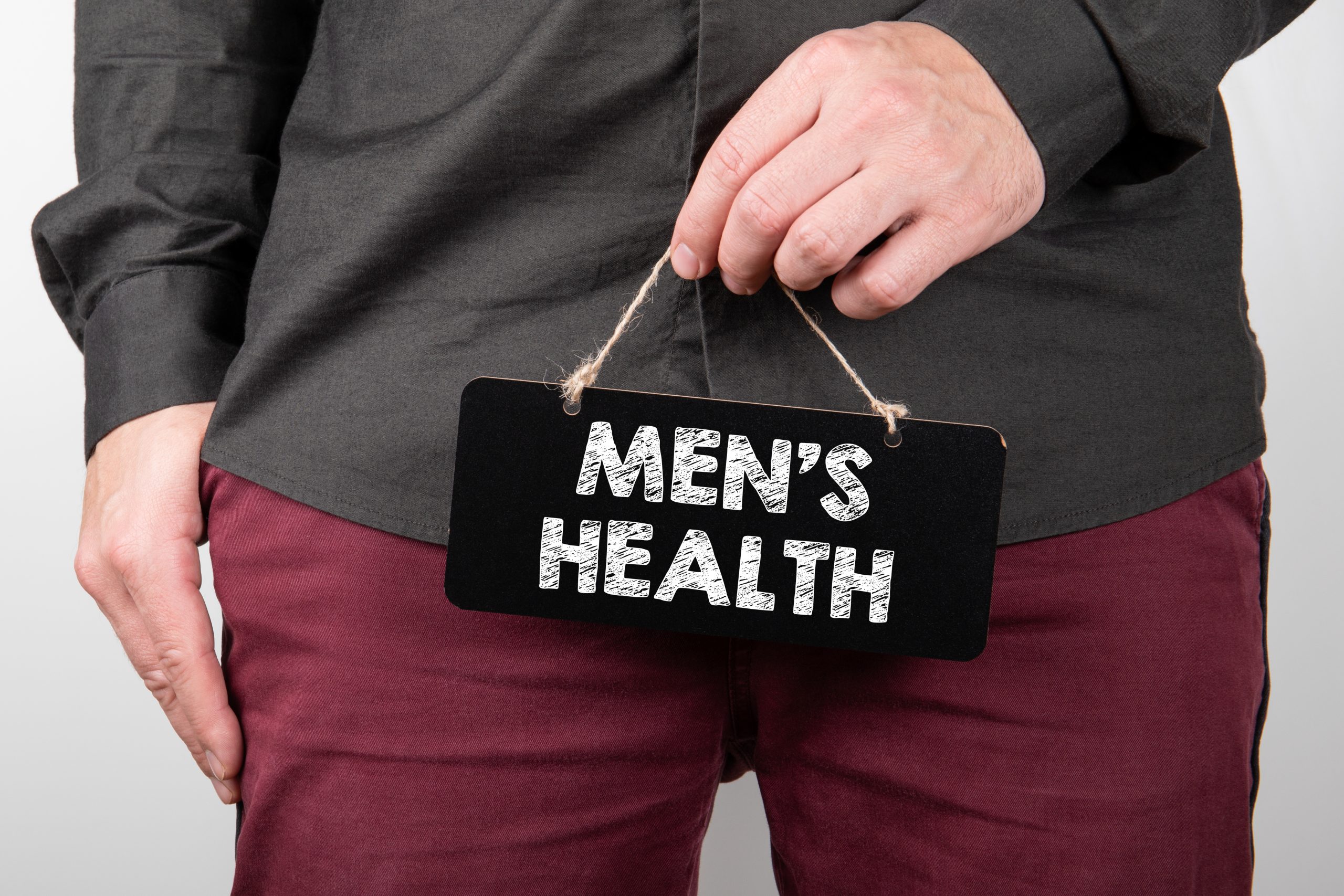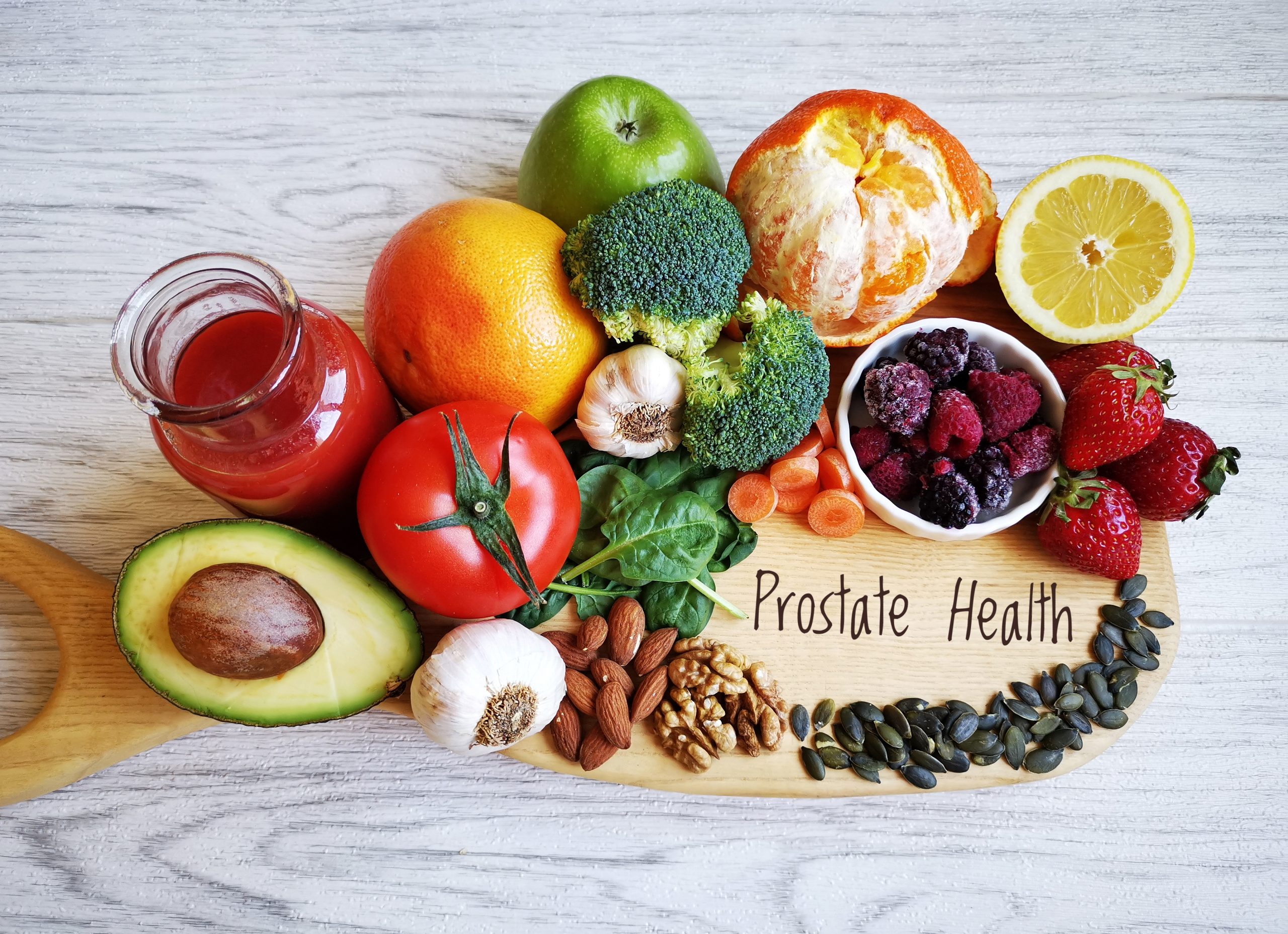Maintaining good prostate health is important for men of all ages. While factors like age and genetics play a role in prostate health, certain lifestyle habits can also have a significant impact. One such habit is proper hydration. Staying adequately hydrated is not only important for overall well-being but also plays a role in supporting prostate health. In this article, we explore the role of hydration in prostate health.
- Prostate Function: The prostate gland plays a crucial role in male reproductive health. It produces prostate fluid, which is a component of semen, and helps nourish and protect sperm. Proper hydration is essential for supporting the normal functioning of the prostate gland. When the body is adequately hydrated, it ensures optimal blood flow to the prostate, providing necessary nutrients and oxygen for its proper function.
- Urinary Health: The prostate gland surrounds the urethra, which carries urine from the bladder out of the body. Adequate hydration is essential for maintaining urinary health and preventing urinary tract infections (UTIs). When the body is well-hydrated, urine flows more freely, helping to flush out any bacteria or toxins that may be present in the urinary system. This can reduce the risk of UTIs, which can have a negative impact on prostate health.
- Prevention of Prostatitis: Prostatitis refers to inflammation of the prostate gland and can cause symptoms such as pain, urinary issues, and discomfort. Dehydration can contribute to the development of prostatitis. Insufficient fluid intake can lead to concentrated urine, which may irritate the prostate gland and increase the risk of inflammation. By staying well-hydrated, you can help prevent prostatitis and reduce the likelihood of experiencing related symptoms.
- Management of Benign Prostatic Hyperplasia (BPH): Benign prostatic hyperplasia, commonly known as BPH, is a non-cancerous enlargement of the prostate gland. BPH can cause urinary symptoms such as frequent urination, weak urine flow, and the need to urinate during the night. While hydration alone may not directly prevent or treat BPH, it can help manage the symptoms associated with the condition. Drinking enough fluids can help alleviate urinary symptoms and improve overall comfort.
- Detoxification: Proper hydration is essential for the body’s natural detoxification processes, which can indirectly support prostate health. When the body is well-hydrated, it can efficiently flush out waste products and toxins from the body, reducing the burden on various organs, including the prostate gland. By maintaining good hydration levels, you support the body’s overall detoxification mechanisms and create a healthier environment for the prostate.
- Optimal Sexual Function: Adequate hydration is important for maintaining optimal sexual function, which is closely linked to prostate health. Dehydration can lead to decreased blood volume and circulation, potentially affecting erectile function. By staying well-hydrated, you help ensure sufficient blood flow to the genital area, supporting sexual health and function.
Tips for Hydration and Prostate Health:
- Drink Plenty of Water: Water is the best choice for staying hydrated. Aim to drink at least eight glasses of water per day or more if you are physically active or in a hot climate. If you struggle to drink plain water, try infusing it with natural flavors like lemon, cucumber, or mint to enhance the taste.
- Limit Caffeine and Alcohol: Caffeine and alcohol can have diuretic effects, causing increased urine production and potentially leading to dehydration. Limit your intake of caffeinated beverages like coffee, tea, and soda, as well as alcoholic beverages. If you do consume them, drink water alongside to stay properly hydrated.
- Monitor Urine Color: One simple












